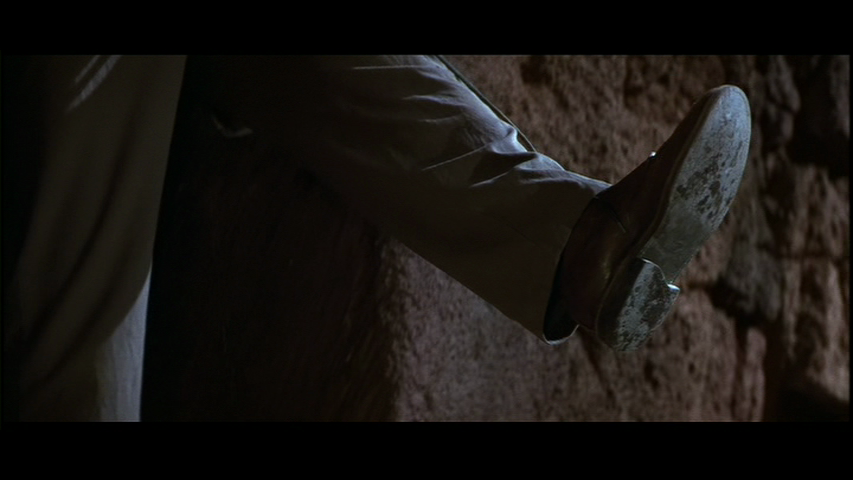A dear friend was offended by something I did the other day and let me know. Without going into a whole lot of detail, I crossed a boundary - one I should have known better than to cross - and it hurt my friend. Within a short time all was forgiven, but I started thinking how easily it is for me to slip back into old patterns of behavior without knowing it, sometimes in the guise of "helping."
As I thought about an image, a mental picture, that might help me remember to do this less and less, I wondered what would best describe it.
And then a white knight rode across my mind, his horse snorting, his sword drawn to do battle.
That was it. It fit perfectly!
The white knight syndrome. I've had it for years - and although in recovery from it, sometimes it still does manage to sneak into my psyche. A syndrome is a set of symptoms that go together and which can't actually be called a disease, yet the symptoms cause distress to the person (and to others), sometimes without the person realizing it's even there. And the white knight is pretty self-explanatory...
This is the "Oh my goodness, someone's in distress! I must SAVE that person!" mentality. The one that will ignore boundaries and focus solely on the "mission" at hand.
There are a few things about being a white knight that aren't all that great. First, you become fixated. It's hard to see anything except what's directly in front of you and there tends to be only one viewpoint. Second, your ability to hear well is impaired by the helmet and visor. So even when your real commander (whom you've likely left in your own dust to rush on ahead) gives you direction or cautions you, you can't hear that still small voice. Third, while the armour provides protection, it also prevents loved ones from getting close. There is an "I'm right and everyone else is wrong" that drives people you love in the opposite direction. Believe me - I know from experience - you end up abandoned and misunderstood by the very people you try to help ... and judged by those observing. Fourth, it is exhausting, wearing all that armour. It's an extra weight and extra energy is required to maintain it, to polish it, and to move while wearing it. (Yet the white knight refuses to take it off. It becomes his identity.) The crazy thing about it is that none of it is necessary, which brings me to my final reason. Lastly, and probably most important, it's not your job to save the world. It's not your job to rescue the damsels in distress, or the family member or close friend who's throwing his life away. That is a matter between that person and his or her own conscience - and God.
Wow. With the picture of that white knight in my mind ... perhaps I can put away my armour - one day at a time.
As I thought about an image, a mental picture, that might help me remember to do this less and less, I wondered what would best describe it.
 |
| Google Images are great! I found this at: http://www.picturesofknights.net/Knight-on-Horse.html |
That was it. It fit perfectly!
The white knight syndrome. I've had it for years - and although in recovery from it, sometimes it still does manage to sneak into my psyche. A syndrome is a set of symptoms that go together and which can't actually be called a disease, yet the symptoms cause distress to the person (and to others), sometimes without the person realizing it's even there. And the white knight is pretty self-explanatory...
This is the "Oh my goodness, someone's in distress! I must SAVE that person!" mentality. The one that will ignore boundaries and focus solely on the "mission" at hand.
There are a few things about being a white knight that aren't all that great. First, you become fixated. It's hard to see anything except what's directly in front of you and there tends to be only one viewpoint. Second, your ability to hear well is impaired by the helmet and visor. So even when your real commander (whom you've likely left in your own dust to rush on ahead) gives you direction or cautions you, you can't hear that still small voice. Third, while the armour provides protection, it also prevents loved ones from getting close. There is an "I'm right and everyone else is wrong" that drives people you love in the opposite direction. Believe me - I know from experience - you end up abandoned and misunderstood by the very people you try to help ... and judged by those observing. Fourth, it is exhausting, wearing all that armour. It's an extra weight and extra energy is required to maintain it, to polish it, and to move while wearing it. (Yet the white knight refuses to take it off. It becomes his identity.) The crazy thing about it is that none of it is necessary, which brings me to my final reason. Lastly, and probably most important, it's not your job to save the world. It's not your job to rescue the damsels in distress, or the family member or close friend who's throwing his life away. That is a matter between that person and his or her own conscience - and God.
Wow. With the picture of that white knight in my mind ... perhaps I can put away my armour - one day at a time.







